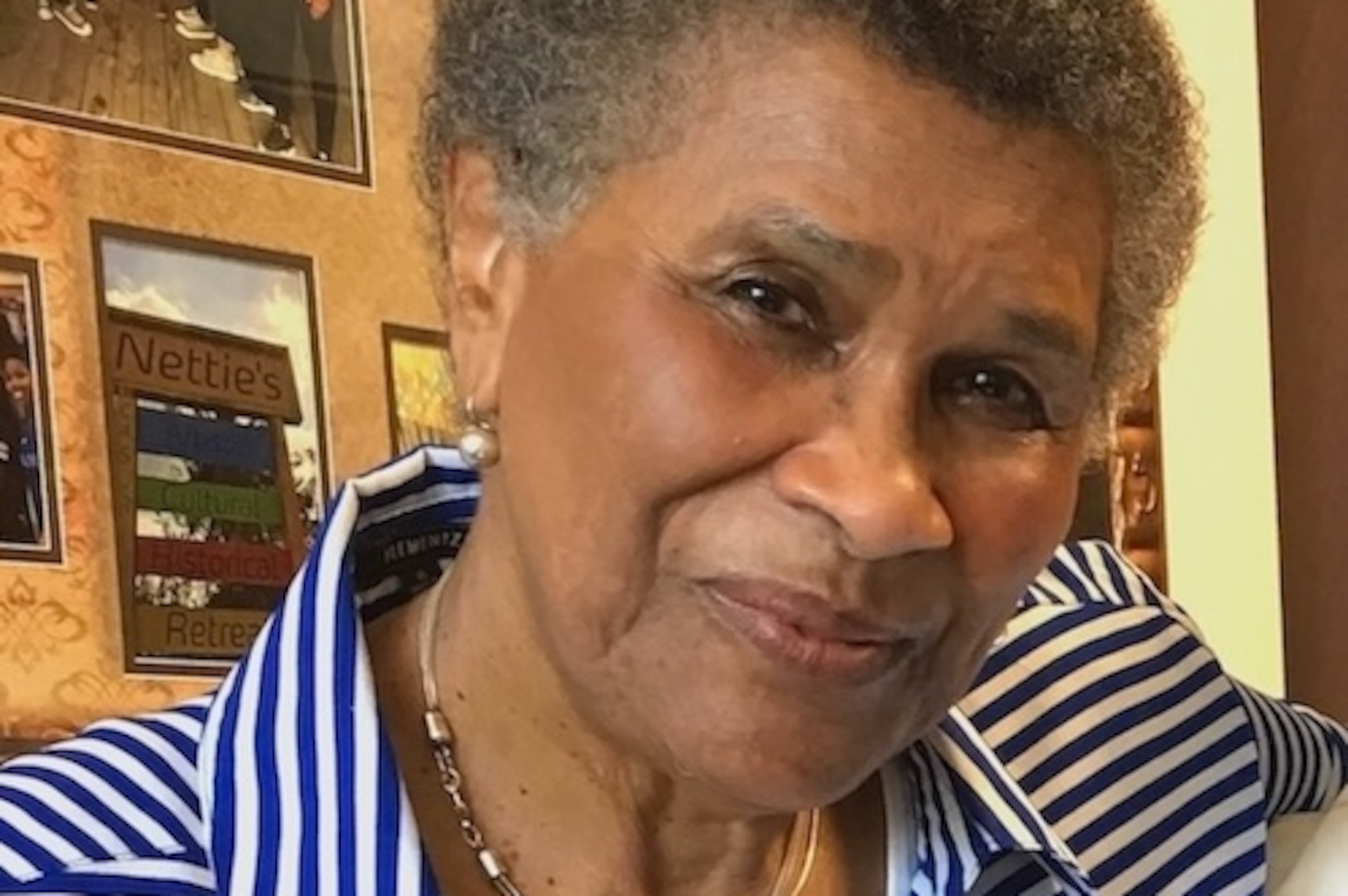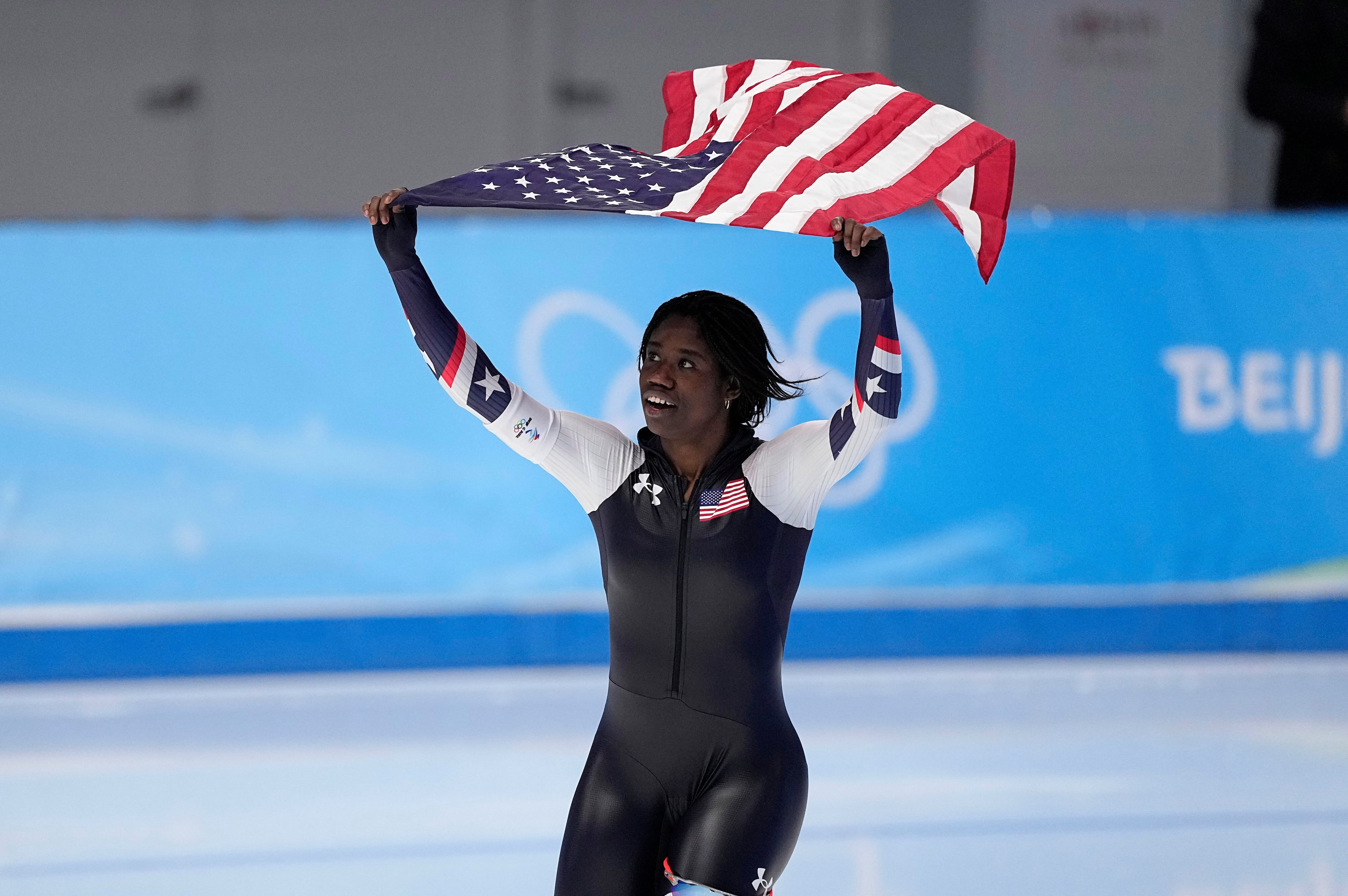Parko, Josef
PARKO, Jr., Josef Edward
Josef Edward Parko, Jr. (Joe, Joseph) passed away on March 17, 2024, in his home in Santa Fe, New Mexico, after a long illness. He was 85. He will be sorely missed. He is survived by his wife, Margie; his daughter, Kim Parko; and son-in-law, Steve Uhl; granddaughter, Rowan Uhl; brother, Tom Parko and his family. He was preceded in death by his mother, Florence Parko; and father, Josef senior.
Joe was born in St. Louis, Missouri, in the intersection of immigrant Irish and Slovak communities. His family moved to Ft. Lauderdale, Florida when he was a teenager, where he completed high school. He then served in the U.S. Air Force for four years and was stationed at Uijeongbu, Korea, where he served as a weather forecaster. Joe enjoyed his assignment because it gave him the opportunity to travel and explore another culture. Traveling was one of the great joys of his life.
Joe was honorably discharged in 1960. He enrolled in Broward Community College, earning a straight A average and a scholarship to Stetson University, DeLand, Florida, where he majored in English. There he met his future wife, Margie. Joe was awarded a Woodrow Wilson Fellowship and chose to attend Emory University in Atlanta, Georgia. In September 1966, Joe and Margie, newly married, piled their belongings into a U-Hall Trailor and headed for Atlanta. They were to spend the next 42 years in Atlanta, where Joe would achieve his most meaningful accomplishments.
Joe attended Emory for about a year, and then pursued a job as a computer programmer/analyst with Southern Railroad. During that time, he earned an MBA at Georgia State University.
In the late 1960s, Georgia State College achieved university status with a focus on its urban location and a mission to address the range of challenges facing cities. One new creation was the School of Urban Life that include a unit called the Urban Life Center. In the center was a program to assist the city of Atlanta in its efforts to encourage citizen participation in local government. Joe was an integral part of this process.
Joe's enthusiasm and leadership within his neighborhood and the Urban Life Center was recognized. When a position within the Center was created for a Director for a group of citizens known as the Urban Life Associates, Joe was hired. His efforts as Director of the Urban Life Associates coincided with the City of Atlanta's new program called Neighborhood Planning Units (NPUs). For several years Joe worked closely to provide community organizing and leadership training within the NPUs. The twenty-six NPUs in the city enabled citizens to participate in the process of developing a comprehensive land use plan for each neighborhood in Atlanta. As the NPUs became well established within Atlanta government, Joe took on a new role within the School of Urban Life. In 1975, the school affiliated with a national group known as American Humanics to provide degree programs for employee organizations. Joe used his expertise in community organizing in the new nonprofit program at GSU and became Director of the School's American Humanics program. After ending his relationship with American Humanics, Joe continued to lead the Nonprofit Studies program and teach classes in this new academic field.
Prior to his retirement and for a few years thereafter, Joe served on the board of Progressive Healthcare Providers, and worked alongside his friends and colleges to establish small community-based group homes in several states to house individual adults with intellectual disabilities.
Joe was a wonderful husband, brother, colleague, and friend. He was an adoring father and grandfather. He provided unconditional love, support, and belief in the wisdoms found in creative processes and cultivating creative gifts. After years of studying and practicing and appreciating many faiths, he found his spiritual home in the Religious Society of Friends (Quakers) and the belief that there is that of God in all human beings. He was closely involved in the Atlanta Friends Meeting and the Crossville Friends Meeting when he and Margie moved to Tennessee. Due to health issues, he was not able to attend the Santa Fe Friends meeting after moving to Santa Fe in 2016 to be closer to his daughter and her family.
Joe dedicated his life's work to community organizing, social justice, civil rights, non-profit education, and peace building interfaith work. In 2005, he traveled with an interfaith group, Every Church a Peace Church, for the Palm Sunday Peace Pilgrimage to the Middle East as a delegate from the Religious Society of Friends to bear witness to the conditions in Palestine and peacebuilding efforts in the region. As a pacifist, he believed that the dehumanization of the other does not lead to liberation of self or group and that liberation is possible outside the cycles of dehumanization and violence set in motion by hierarchal power systems. He believed that all are sacredly interconnected.
Joe was a prolific writer of letters and opinion pieces particularly ones that exposed the fallacy of war. An avid reader and student of literature, he enjoyed comedy and satire and was famous for his award winning "bad writing", in which he took great pleasure in constructing overly florid and complicated prose. His humor, wit and way with words created much joy. He loved music, the Sunday New York Times crossword puzzles, reading, golf, skiing, fishing, collecting ancient coins, photography, jewelry, theater, old films, opera, symphony concerts and all forms of art.
Joe's activism, writing, and community work was cut short by a series of strokes in 2011 and 12 that resulted in aphasia and inability to communicate in ways in which he had been proficient and eloquent, but his words and presence had already touched many and his gentle ways continued, especially in the loving relationship with his granddaughter in his last years of life.


